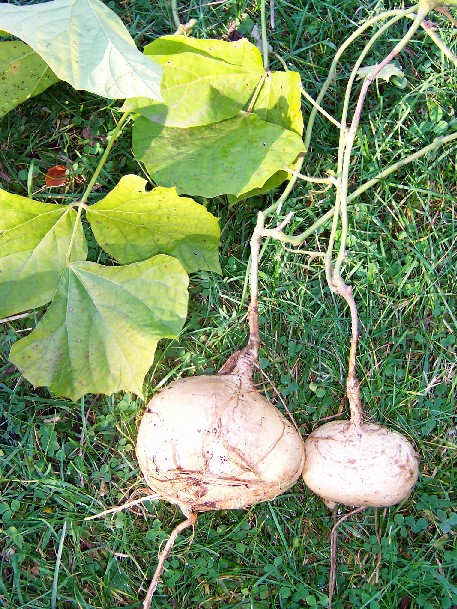Laughter yoga is a unique exercise routine which is fast sweeping the world. It is based on the belief that voluntary laughter provides the same physiological and psychological benefits as spontaneous laughter. Laughter yoga is practised in groups, with eye contact and playfulness between participants.
This unique form of yoga uses a combination of laughter exercises and yoga breathing to train the diaphragm and abdominal muscles to breathe deeply. This increases the supply of oxygen to body cells and can play a significant role in preventing cancer. Besides, laughter yoga's ability to strengthen the immune system is also believed to help keep cancer at bay.
In Malaysia, laughter yoga was started by a group who called themselves JB Laughters in September 2008. The group is led by Lee-Jean Fung, a practising pharmacist for over 30 years trained by Dr Madan Kataria as a Certified Laughter Yoga Teacher in August 2008. Free lessons were conducted in various places around Muar and Johor Bahru. To date, there are more than 120 Certified Laughter Yoga Leaders around Malaysia.
To fully reap the health benefits of laughter, it has to be loud. deep and coming from the diaphragm. Joining a laughter yoga group provides a safe environment where one can laugh loudly and heartily without any social implications.
(www.laughteryoga.com.my)
Senyum Sokmo readers! Happy Monday!
Extracted from Urbanhealth



